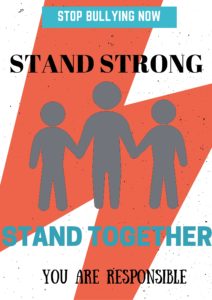Black ladies and welfare queens brought to my attention the infuses we place on the meanings of family roles and those individuals within the family. In this case the label welfare queen is a very general title that suppresses the person with this label. It becomes negative and may down play that persons need for assistance. With all of this in consideration I couldn’t help but think about new ways to approach these different archetypes that we have in our society. I raise the questions that are all archetypes and generalizations about family bad and could they actually serve some type of purpose?
Understanding that this maybe an odd way of viewing stereotypes but, our culture thinks this way for a reason, why not try to understand it and then work on changing it. I think the term welfare queen is inappropriate but, maybe this title could help some women out after all. When others know and see people in need they are more likely to help them so, although this may not be the best terminology to use it may spark someone’s interest in helping and stopping so many mothers and women from being in situations like this. Another example would be the unfortunate status of being a single mother. When my oldest sister tells people that she is a single parent people automatically make assumptions about her and her daughters father. They immediately sympathize with her and are quick to become a source of help if she were to ever need it. Although my sister does not like this attention and does not need assistance she’s never turned down the assistance either. So, maybe there are more aspects to having a stereotypical single more or welfare queen status than we consider.
Again, I’m not saying that having these archetypes in our society are good things to have. Telling people what is “normal” or “ideal” only makes others feel ostracized. The Black ladies and welfare queens reading just made me think differently about these types of situations and made me want to understand the way we do things rather than just trying to explain why these stereotypes are wrong.


Recent Comments